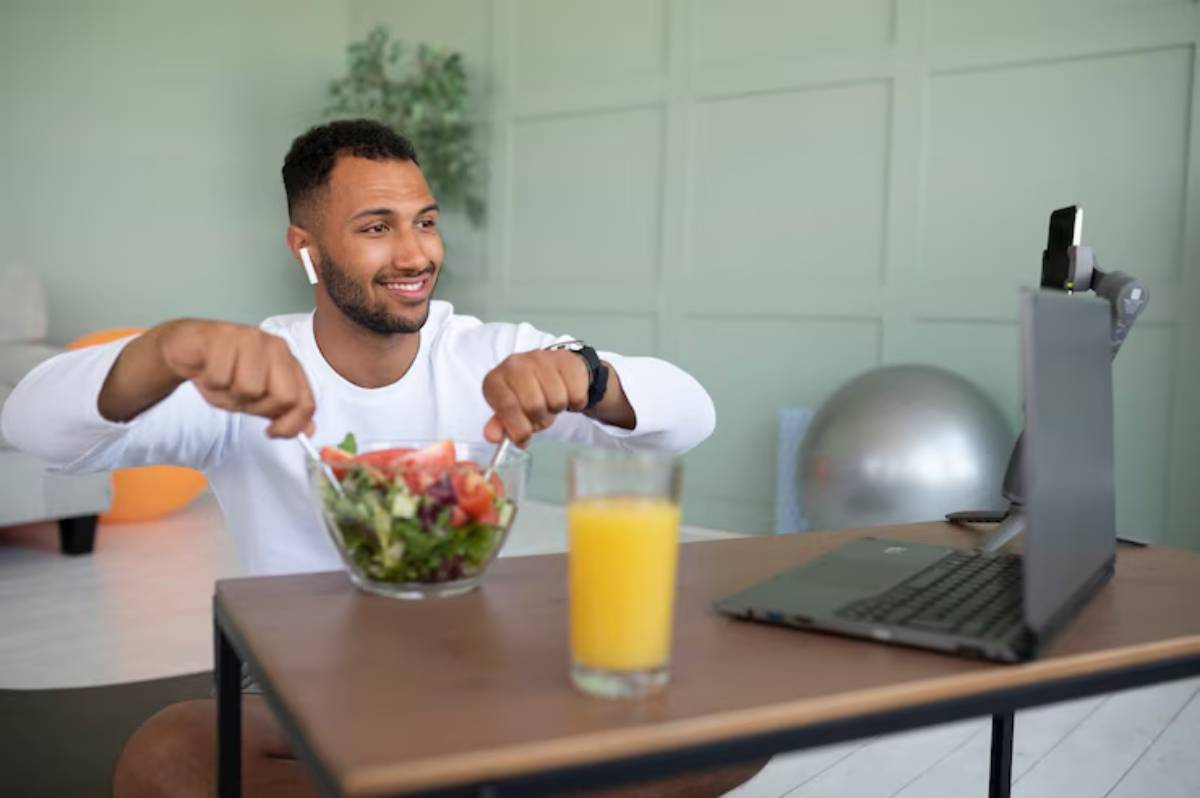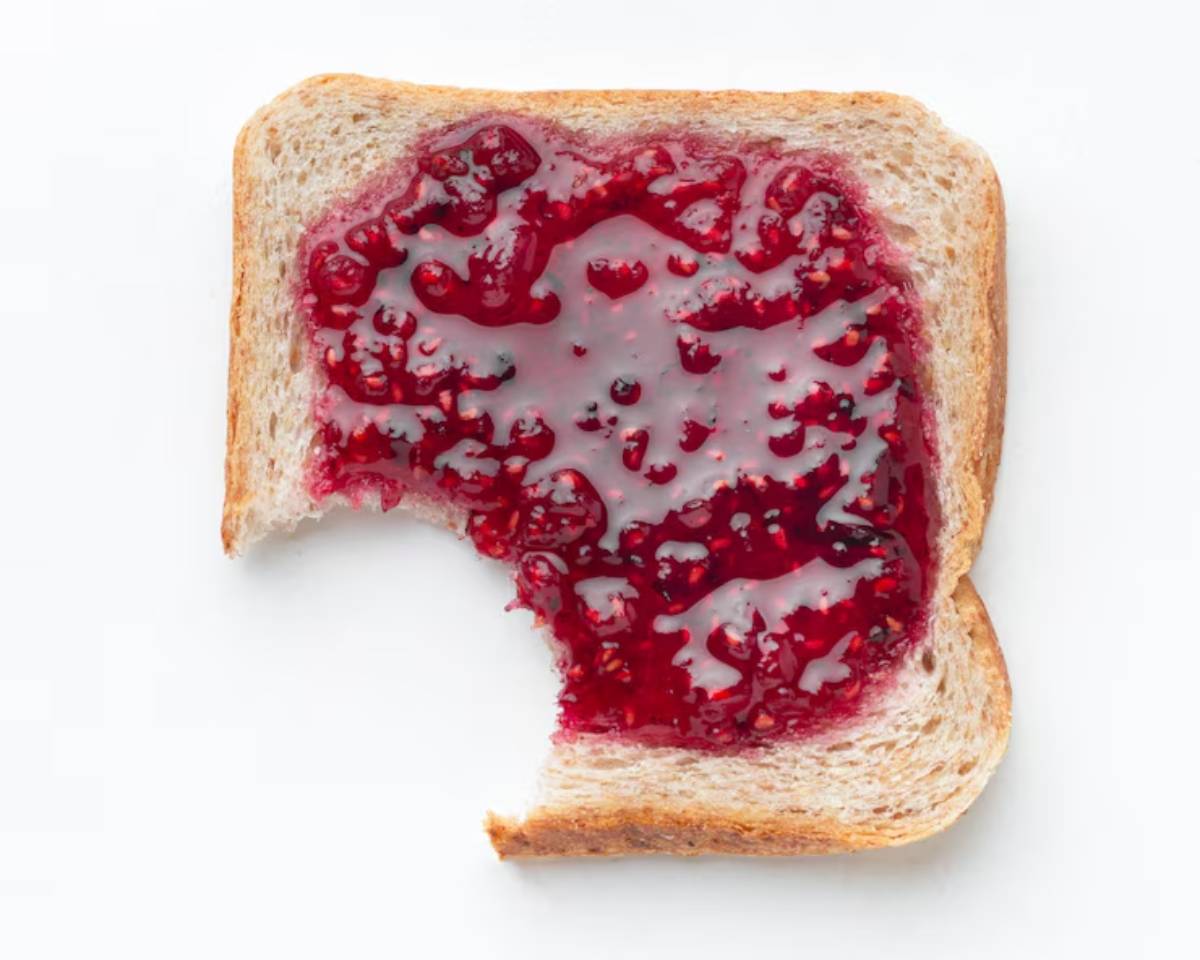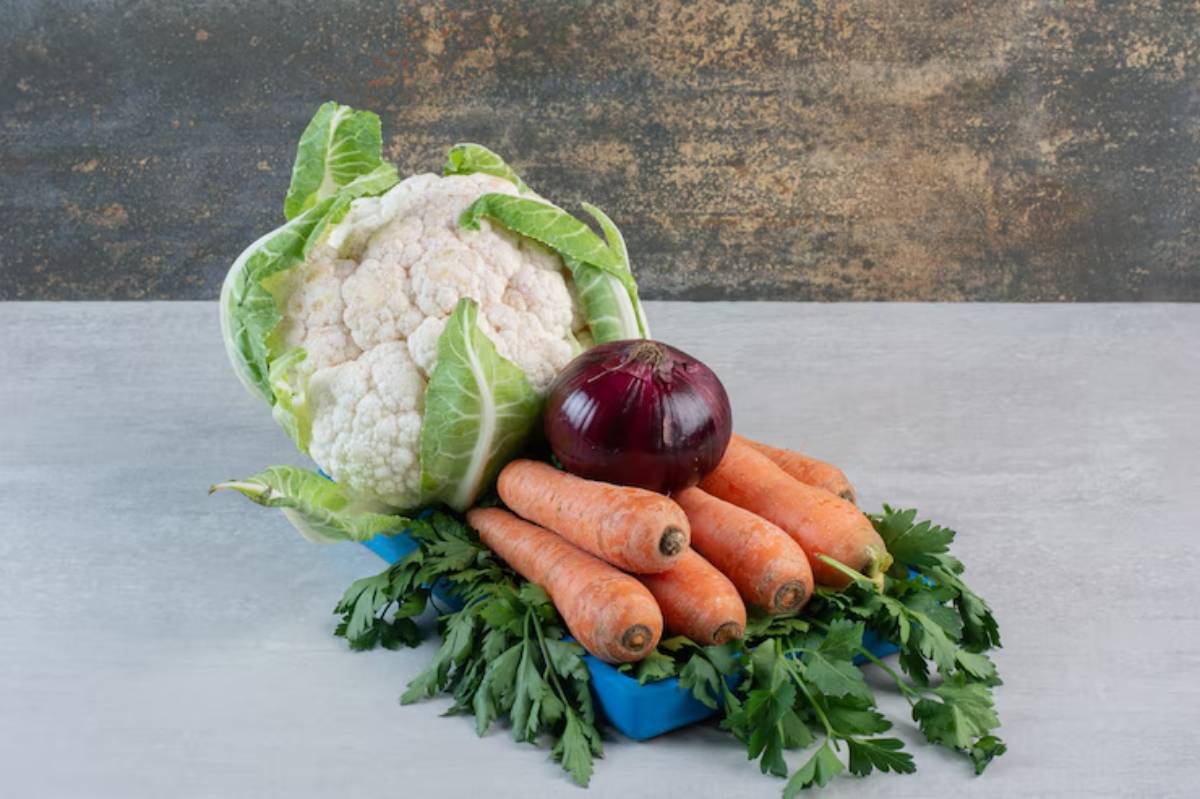
How to Time Your Pre-Workout Meal Around a Busy Schedule
You’ve got meetings, deadlines, errands—and somewhere in there, you’re squeezing in a workout. But without the right food at the right time, your training could fall flat. Sound familiar? Whether you train early, late, or in between appointments, the key to performance is meal timing for workouts that adapts to real life.
This guide offers practical, research-backed strategies and gym nutrition hacks for eating on the go—so you can fuel up effectively, no matter how packed your schedule gets.
Understanding the Core: Why Timing Matters More Than You Think
The timing of your meals is just as crucial as the food choices you make. Pre-workout nutrition should not follow a rigid schedule; instead, it requires **flexible fuelling** tailored to your training times and style. Properly aligning your meals with your workout can significantly enhance your performance and recovery. Understanding your body’s needs allows you to optimise energy levels, ensuring you feel energised and focused during your sessions. By listening to your body and adjusting your nutrient intake, you can create a more effective and personalised approach to training.
- Train harder
- Reduce muscle breakdown
- Avoid digestive issues
- Recover faster
How Long Before the Gym Should You Eat?
- 2–3 hours before: Full meal (protein + complex carbs + fats)
- 1–2 hours before: Light meal (low-fibre carbs + lean protein)
- 1 hour before: Quick snack (simple carbs, low fat)
Expert Tip: “You don’t need a perfect window—just enough time to digest and convert fuel. The trick is consistency and knowing your body’s response,” says nutritionist Sarah Connell.
Quick Guide / Checklist
Busy-day fuelling strategy:
- Assess your available pre-gym time
- Pick a food option that matches that window
- Keep digestion in mind—light meals for tight timing
- Use portable options for eating on the go
- Hydrate throughout the day, not just before
- Track energy and tweak as needed
Step-by-Step Guide: How to Time Pre-Workout Meals Around a Hectic Day
1. Morning Workout (Fast Turnaround)
If you’re hitting the gym within an hour of waking:

- Snack: Banana, granola bar, or a slice of toast with jam
- Drink: Black coffee or a small protein shake
Pro Tip: Avoid high-fat or high-fibre foods—they can delay digestion and cause bloating.
2. Midday Workout (Between Meetings)
- Eat a small meal 60–90 minutes before:
- ½ cup oats + scoop protein powder
- Chicken wrap (half portion) + apple
- Rice cake + turkey slices
Important Tip: Prep the night before. Portable, ready-to-go meals are lifesavers when time is tight.
3. Evening Workout (Post-Work Fuel)
- If you had lunch 3–4 hours earlier, add a small pre-workout snack:
- Greek yoghurt with honey
- Rice cakes with peanut butter
- Energy bar (low fibre, low fat)
Expert Insight
“If you frequently find yourself hungry or running low on energy during your workout, the time between lunch and exercise may be excessive,” explains PT Jake Henson.
4. When You Are Unable to Eat Before Training
- Hydrate properly throughout the day
- Consider sipping a pre-workout drink with electrolytes or a protein shake
- Fuel up immediately post-workout with carbs and protein
Best Practices & Additional Insights
Batch Prep for the Win
Set up grab-and-go snack bags with:
- Trail mix (watch the portion size)
- Rice cakes + nut butter sachets
- Homemade energy balls
Keep them in your gym bag, car, or office drawer.
Use Technology to Stay on Track
Set reminders to eat if your day gets hectic. Use fitness apps to log food timing and energy levels.
Real-Life Example: Tom, a busy sales executive, discovered that setting a 90-minute pre-workout food alert on his phone significantly improved his meal routine. This simple reminder helped him avoid skipping meals, which in turn enhanced his lifting performance. Recognizing the importance of nutrition, he tailored his diet to accommodate his digestive sensitivities. By planning meals that aligned with his body’s needs, Tom maximized his energy levels and overall workout effectiveness. With thoughtful meal preparation and timely reminders, he not only fueled his workouts but also maintained a healthier lifestyle.
Stick to foods you know your body handles well. Avoid high-risk ingredients like:

- Cruciferous vegetables
- Beans
- Artificial sweeteners
Pro Tip: Keep a food diary for a week to spot digestion-energy patterns.
FAQs
What if I have only 15 minutes before training?
Go for a fast-digesting carb—banana, rice cake, or juice—and skip fats and proteins.
Is it bad to work out fasted?
Not necessarily. Some people perform well fasted, especially for low-intensity sessions. Just ensure you refuel properly afterward.
Can I eat a full meal 30 minutes before the gym?
Ideally no. Stick to a light snack. Full meals too close can cause GI discomfort.
Should I change what I eat based on workout type?
Yes. Strength and HIIT sessions benefit from more carbs, while low-intensity cardio can be done with lighter fuelling.
Fuel on Your Terms
Busy doesn’t mean under-fuelled. With the right strategies, you can optimise your meal timing for workouts, no matter how full your calendar is. Prepping ahead, choosing smart snacks, and staying hydrated are small habits that deliver big results.
Want More Time-Saving Nutrition Tips?
Explore our guides on fast meal prep for gym-goers and hydration hacks for active lifestyles to keep your body ready on demand.
Eat smart. Train strong. Keep moving.